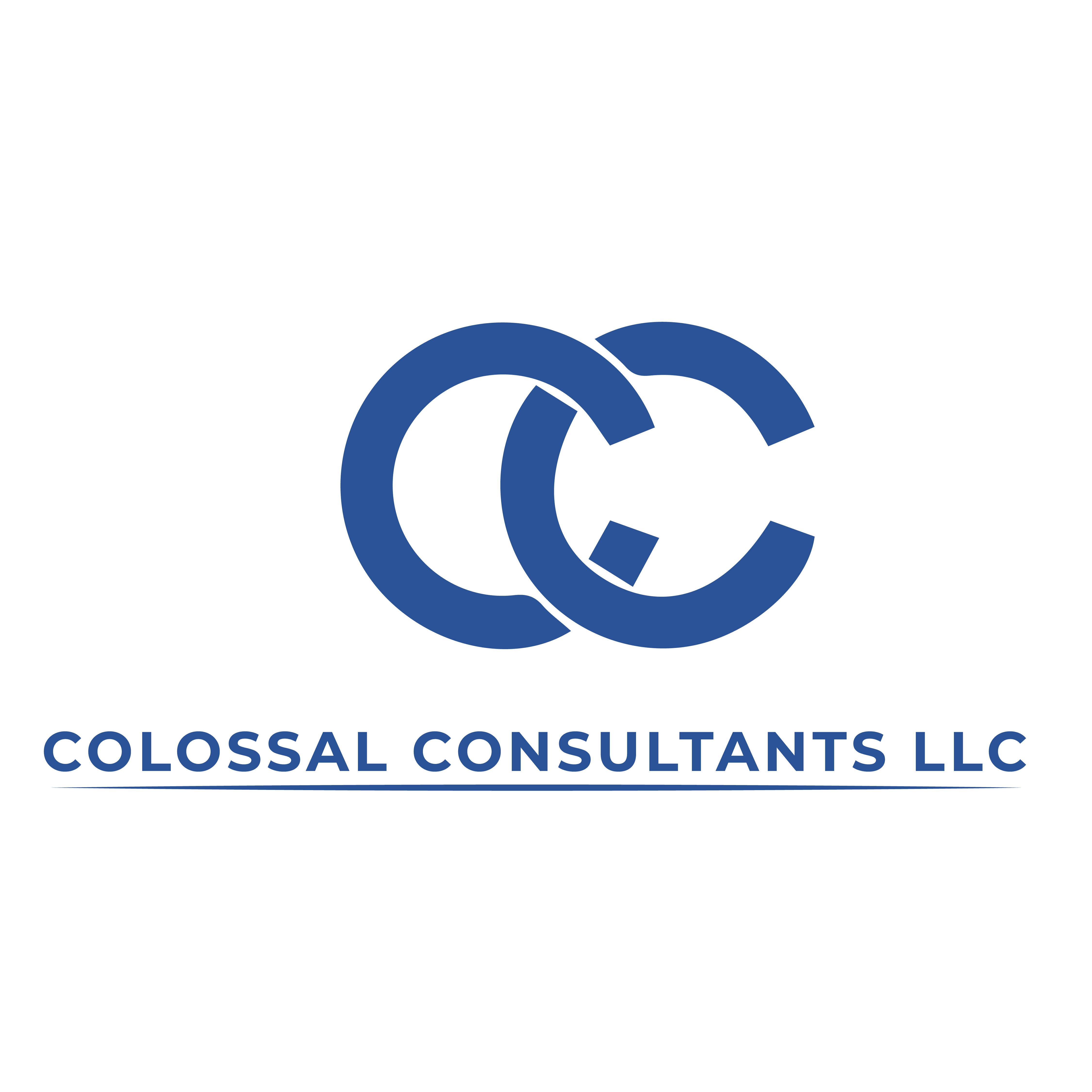CORROSIVITY STUDIES
Corrosivity studies are a crucial component in the field of material science and engineering, particularly focused on understanding, measuring, and mitigating the corrosion process of metals and alloys. These studies are vital for ensuring the longevity, safety, and functionality of metallic structures and components in various environmental conditions.
Understanding Corrosion
Corrosion is a natural process that results in the gradual destruction or deterioration of metals due to chemical reactions with their environment. The most common form of corrosion is the oxidation of metals in the presence of oxygen and moisture. However, other environmental factors like temperature, pH level, and the presence of salts, acids, and industrial pollutants can accelerate this process.
Key Aspects of Corrosivity Studies
Environmental Assessment: These studies often begin with a thorough assessment of the environmental conditions that the metal will be exposed to. This includes evaluating factors like humidity, temperature, presence of corrosive agents (e.g., chlorides, sulfur dioxide), and the degree of exposure to these elements.
Material Testing: Various metals and alloys react differently under corrosive conditions. Corrosivity studies involve testing different materials in controlled environments to simulate actual conditions. This helps in determining the corrosion rate and understanding the degradation mechanisms.
Corrosion Rate Measurement: This involves measuring the rate at which a metal deteriorates in a specific environment. Techniques such as weight loss measurement, electrochemical methods, and visual inspection are commonly used.
Protective Coatings and Treatments: A significant part of corrosivity studies focuses on developing and testing protective coatings and treatments that can effectively mitigate corrosion. This includes paints, galvanization, and cathodic protection.
Predictive Modelling: Advanced studies involve the development of predictive models to estimate the lifespan and durability of materials under specific environmental conditions. These models are invaluable for planning maintenance and replacement schedules.
Standards and Protocols: Adherence to international standards like ISO, ASTM, and NACE is vital in these studies to ensure consistency, reliability, and global applicability of the findings.
Applications and Importance
Infrastructure and Construction: Informs material selection and protective strategies for buildings, bridges, pipelines, and other infrastructures.
Automotive and Aerospace Industries: Essential for selecting materials and coatings that can withstand environmental stress and prevent failure.
Marine Applications: Particularly important in marine environments where high salinity significantly accelerates corrosion.
Energy Sector: Informs the design and maintenance of equipment in power plants, refineries, and renewable energy installations.
Colossal Consultants LLC has vast experience in conducting corrosion studies in line with ISO 9223 and other international standards.

